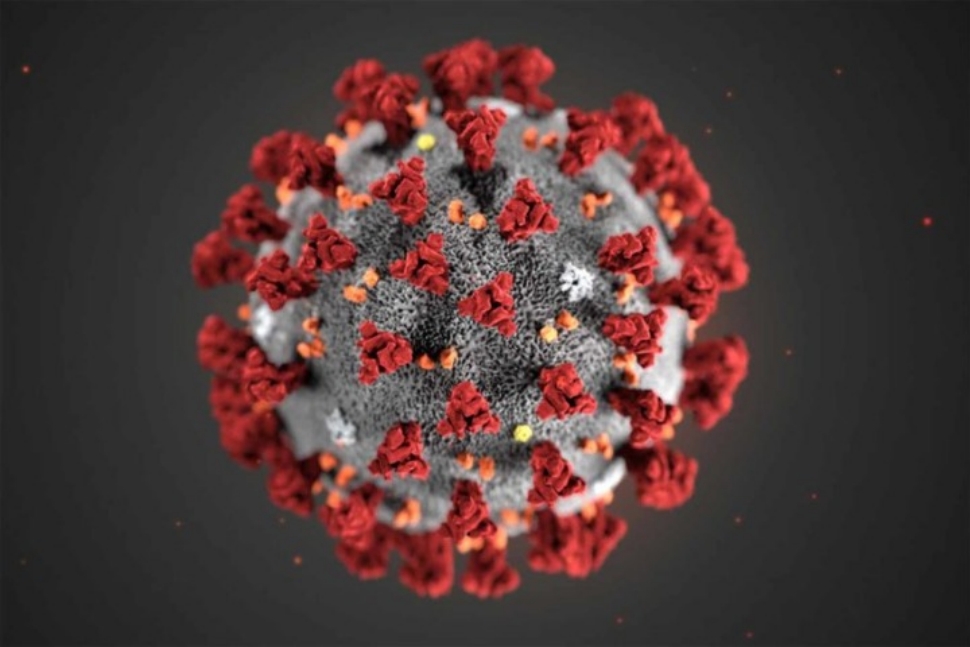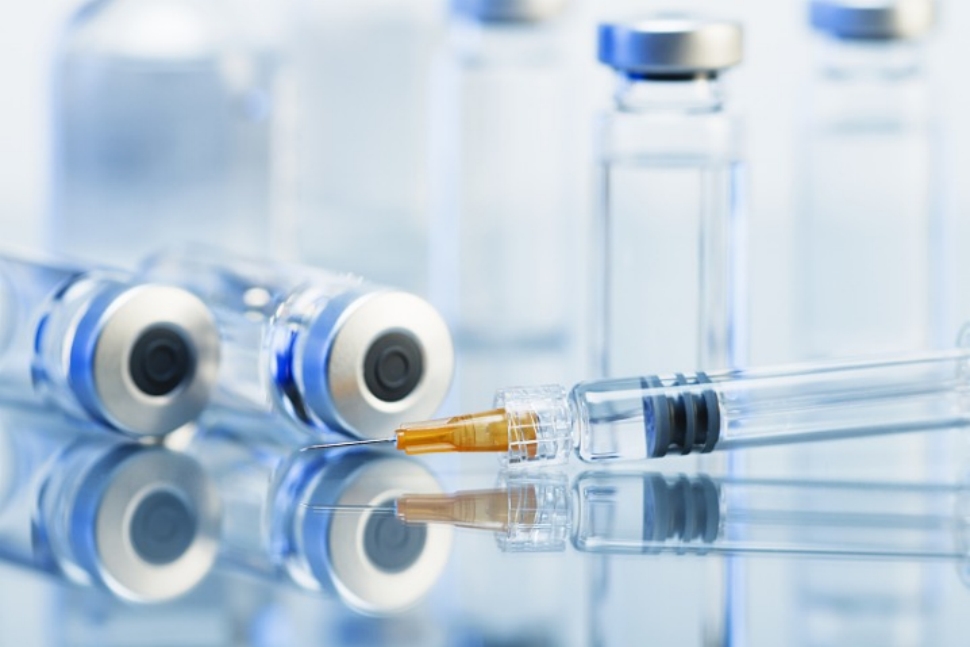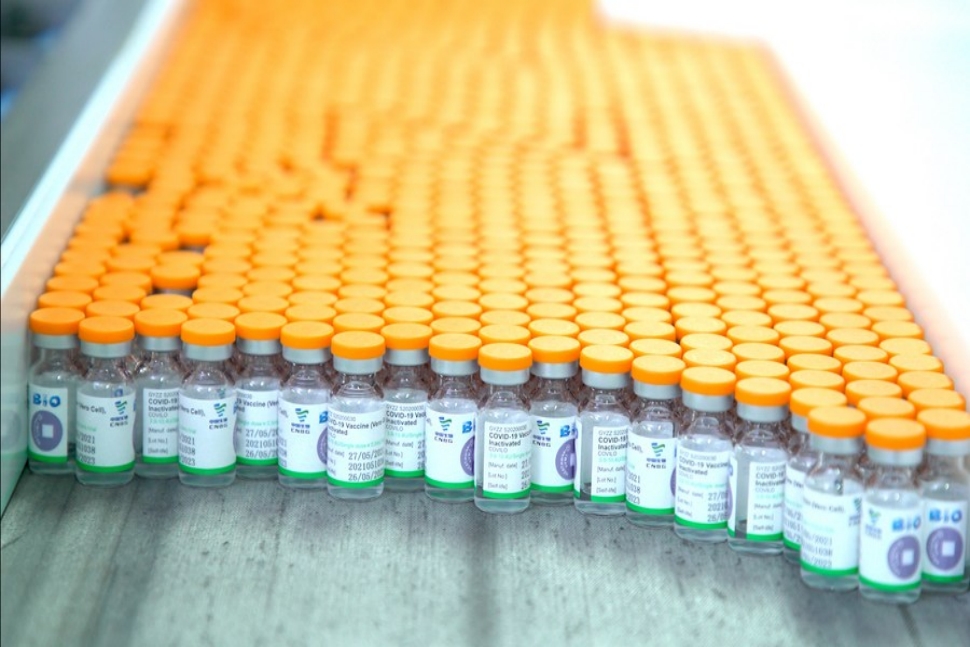trending topics
market reports
-

Registration Now Open: MEDICAL JAPAN 2026 OSAKA – Western Japan’s Largest Healthcare Trade Show
2026-02-10
-

MEDICAL JAPAN 2025 OSAKA Returns to Showcase Global Innovations
2025-02-17
-

Visit MEDICAL JAPAN 2023 TOKYO and take full advantage of the business opportunities!
2023-09-01
-

US to distribute 400 million free N95 masks at CVS, Walgreens in COVID fight
2022-01-21
-

Ethiopia receives additional 2.2 mln doses of Chinese-donated COVID-19 vaccines
2022-01-21
-

Hong Kong researchers say they develop novel material able to kill COVID-19 virus
2022-01-14
-

10 million more Chinese doses on way for Kenya
2022-01-14
-

Sino-African ties on track for a brighter future
2022-01-07
-

Efforts urged to boost COVID-19 vaccine production capacity in poor countries
2022-01-07
-

UAE approves Sinopharm's new protein-based COVID-19 vaccine
2022-01-07
Nearly 1 in 5 COVID-19 survivors develop mental illness within 90 days
2020-11-11
The coronavirus disease 2019 (COVID-19) is a respiratory illness that can cause pneumonia in moderate to severe cases and can even lead to acute respiratory distress syndrome (ARDS) in critically ill patients – significantly increasing the chance of death.
As our understanding of the virus has developed, we have found that other organs (beyond the lungs and intestines) can be affected by the virus. COVID-19 has also been observed to affect the heart, the brain’s neurological functions, and blood vessels.
But it looks like even these are not the only complications and long-term effects of COVID-19, caused by the severe acute respiratory syndrome coronavirus 2 (SARS-CoV-2).
A new study by researchers at the Department of Psychiatry, University of Oxford, Warneford Hospital, Oxford, United Kingdom, and the TriNetX in Cambridge, United States, has found that people who have COVID-19 may have an increased risk of being diagnosed with a psychiatric disorder, including anxiety and depression, within 90 days after diagnosis.
The team also found that people with a pre-existing mental health diagnosis were 65 percent more likely to be diagnosed with COVID-19 than those without, even accounting for known risk factors like age, race, sex, and underlying physical conditions.

Study: Bidirectional associations between COVID-19 and psychiatric disorder: retrospective cohort studies of 62,354 COVID-19 cases in the USA. Image Credit: sfam_photo / Shutterstock
The study
In the study, which appeared in the science journal The Lancet, the researchers assessed data from an electronic health record network of 69 million people. Of these, 62,354 were diagnosed with COVID-19 between January and August. The team evaluated whether a diagnosis of COVID-19 was tied to increased rates of subsequent psychiatric diagnoses. On the other hand, they wanted to determine whether patients with a history of mental health illness are also at a higher risk of being diagnosed with COVID-19.
The researchers used the TriNetX Analytics Network, a global federated network that gathers data from electronic health records in 54 healthcare organizations in the United States. They also measured the incidence of psychiatric disorders, insomnia, and dementia, during the first 14 to 90 days after being diagnosed with COVID-19.
Increased incidence of psychiatric diagnosis
The study revealed that anxiety, depression, and insomnia were most common among recovered COVID-19 patients assessed in the study who had developed mental health problems. The team also found a significantly higher risk of dementia (a neurodegenerative condition).
For patients with no previous psychiatric history, being infected with COVID-19 has been tied to a heightened incidence of first-time psychiatric diagnosis in the following 14 to 90 days, compared with six other health conditions, such as influenza, skin infection, and other respiratory tract infections, among others.
The most common conditions observed include insomnia, anxiety disorders, and dementia. The incidence of being diagnosed with a mental health problem within 90 days was 18.1 percent. On the other hand, the incidence of a first dementia diagnosis within 90 days was 1.6 percent in people over the age of 65.
“Survivors of COVID-19 appear to be at increased risk of psychiatric sequelae, and a psychiatric diagnosis might be an independent risk factor for COVID-19. Although preliminary, our findings have implications for clinical services, and prospective cohort studies are warranted,” the team recommended in the study.
The team added that the data shows increased diagnoses in all major anxiety disorder categories. It remains unclear if post-COVID-19 anxiety will evolve to become a post-traumatic disorder-like illness. They also found that rates of insomnia were elevated, while there are no new cases of psychotic disorders.
Study implications
The authors of the study reiterated trends found in analyses of previous pandemics; mental health problems usually follow in recovered patients. Indeed, the study shows a similar pattern after COVID-19 diagnosis. Though the results are not new to health experts, the information and data provide a better understanding of the potential effects of being infected with COVID-19.
“In conclusion, our findings are of sufficient robustness and magnitude to have some immediate implications. The figures provide minimum estimates of the excess in psychiatric morbidity to be anticipated in survivors of COVID-19 and for which services need to plan,” the team concluded.
“It will also be important to explore additional risk factors for contracting COVID-19, and for developing psychiatric disorders thereafter, as some elements might prove to be modifiable,” they added.
- Taquet, M., Luciano, S., Geddes, J., Harrison, P. (2020). Bidirectional associations between COVID-19 and psychiatric disorder: retrospective cohort studies of 62?354 COVID-19 cases in the USA. The Lancet. doi: https://doi.org/10.1016/S2215-0366(20)30462-4, https://www.thelancet.com/journals/lanpsy/article/PIIS2215-0366(20)30462-4/fulltext



 My Member
My Member Message Center
Message Center











